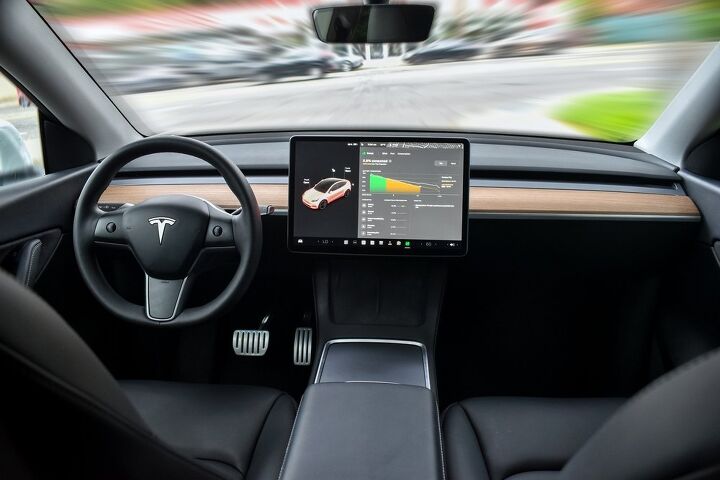How the World Views Autonomous Vehicles
In a recent global survey conducted by Maison Law, a personal injury law firm based in Fresno, California, the levels of trust and comfort with autonomous vehicles were explored across different countries. The survey aimed to understand the global perceptions and readiness for sharing roads with these technologically advanced vehicles.
Varied Trust Levels Across Countries
The study revealed a diverse range of trust levels among the populations of various countries. Notably, individuals from China, Russia, and the United Arab Emirates (UAE) exhibited the highest trust in autonomous vehicles. The survey showed that more than 80 percent of respondents from these countries are comfortable with the idea of sharing the roads with autonomous vehicles.
Conversely, the United States, Japan, and South Korea demonstrated lower levels of trust. In these countries, approximately half of the survey participants expressed discomfort with the presence of autonomous vehicles on the roads.
Country-Specific Findings
- United Arab Emirates – 88 percent
- United States – 57 percent
- Germany – 71 percent
- United Kingdom – 74 percent
- Israel – 66 percent
- China – 94 percent
- Canada – 60 percent
- Australia – 63 percent
- Japan – 52 percent
- Russia – 89 percent
- South Korea – 52 percent
Implications and Future Directions
The survey's findings suggest a broad spectrum of public trust in autonomous vehicles, influenced by geographical and possibly cultural factors. These variations indicate the need for tailored approaches in the introduction and integration of autonomous vehicles within different societies.
Understanding these perceptions is crucial for policymakers, automotive manufacturers, and technology companies as they navigate the complexities of introducing autonomous technologies to the public. Building trust through transparency, safety assurances, and public education will be key to fostering a harmonious coexistence between autonomous vehicles and human drivers.
This article was co-written using AI and was then heavily edited and optimized by our editorial team.
More by TTAC Staff
Latest Car Reviews
Read moreLatest Product Reviews
Read moreRecent Comments
- Varezhka The biggest underlying issue of Mitsubishi Motors was that for most of its history the commercial vehicles division was where all the profit was being made, subsidizing the passenger vehicle division losses. Just like Isuzu.And because it was a runt of a giant conglomerate who mainly operated B2G and B2B, it never got the attention it needed to really succeed. So when Daimler came in early 2000s and took away the money making Mitsubishi-Fuso commercial division, it was screwed.Right now it's living off of its legacy user base in SE Asia, while its new parent Nissan is sucking away at its remaining engineering expertise in EV and kei cars. I'd love to see the upcoming US market Delica, so crossing fingers they will last that long.
- ToolGuy A deep-dive of the TTAC Podcast Archives gleans some valuable insight here.
- Tassos I heard the same clueless, bigoted BULLSHEET about the Chinese brands, 40 years ago about the Japanese Brands, and more recently about the Koreans.If the Japanese and the Koreans have succeeded in the US market, at the expense of losers such as Fiat, Alfa, Peugeot, and the Domestics,there is ZERO DOUBT in my mind, that if the Chinese want to succeed here, THEY WILL. No matter what one or two bigots do about it.PS try to distinguish between the hard working CHINESE PEOPLE and their GOVERNMENT once in your miserable lives.
- 28-Cars-Later I guess Santa showed up with bales of cash for Mitsu this past Christmas.
- Lou_BC I was looking at an extended warranty for my truck. The F&I guy was trying to sell me on the idea by telling me how his wife's Cadillac had 2 infotainment failures costing $4,600 dollars each and how it was very common in all of their products. These idiots can't build a reliable vehicle and they want me to trust them with the vehicle "taking over" for me.


































Comments
Join the conversation